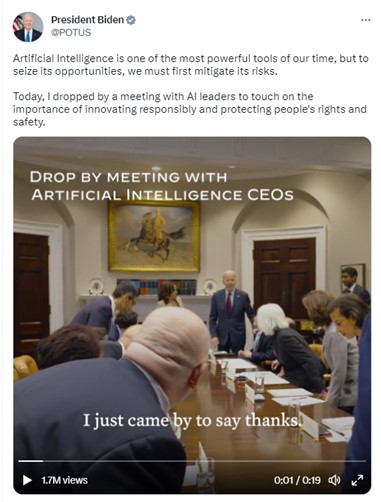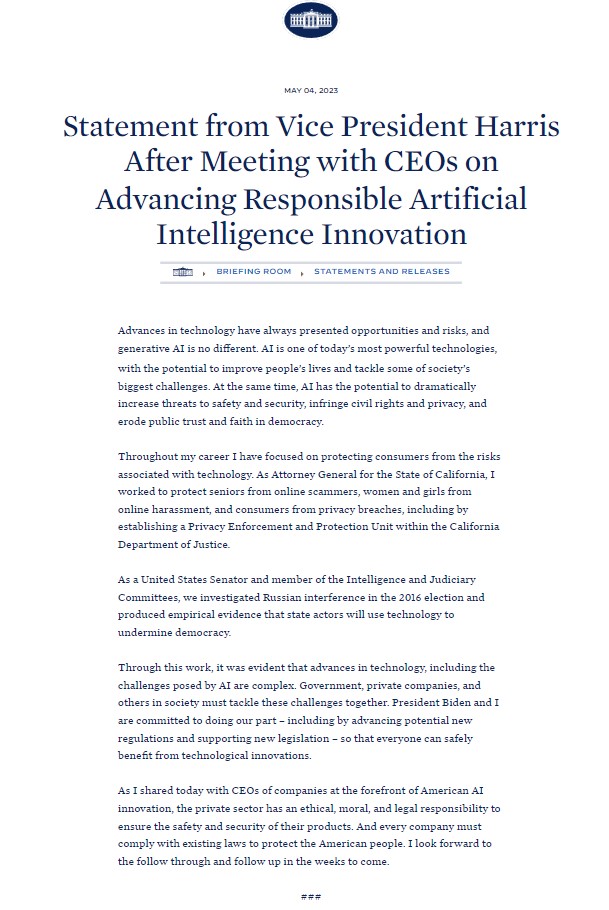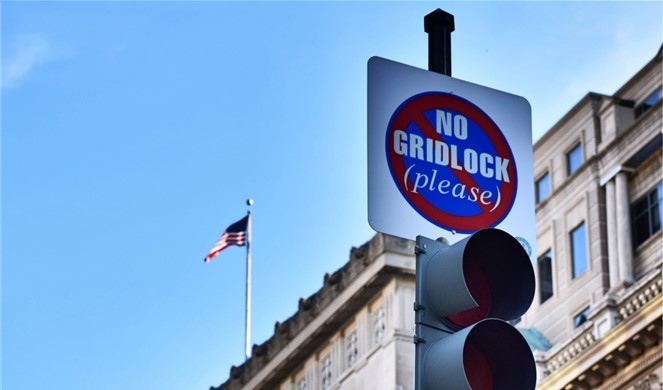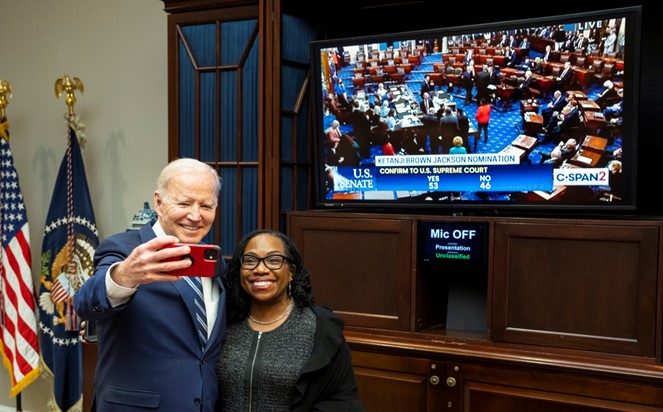| Key Points: – The 2024 US election may increase market volatility – Policy proposals could impact various economic sectors – Long-term investment strategies remain crucial despite short-term political events |
As the 2024 US presidential election approaches, investors are keenly watching how the political landscape might influence their portfolios. With election day set for November 5, 2024, understanding the potential impacts of this specific election cycle on the financial markets is crucial for informed decision-making.
The 2024 election is particularly significant as it follows a period of economic uncertainty, including high inflation and interest rates. Investors are closely monitoring how candidates’ policies might address these issues and shape the economic landscape moving forward.
Several key policy areas are under scrutiny. Proposals for corporate tax rates and capital gains taxes could significantly impact company profits and investor returns. Potential changes in regulatory frameworks, especially in sectors like technology, finance, and energy, may affect industry leaders and emerging companies alike. Government spending plans, including infrastructure initiatives, healthcare reforms, and climate policies, could influence various sectors of the economy. Additionally, stances on international trade, particularly regarding relationships with China and other major economic partners, may affect global markets and supply chains.
As we move closer to November, expect increased market volatility. The VIX index, often called the “fear gauge” of the market, typically rises during election years, and 2024 is likely to follow this pattern. However, it’s crucial to remember that while short-term fluctuations can be unsettling, they often have little bearing on long-term market trends.
Current polls and predictions should be taken with a grain of salt. The 2016 and 2020 elections demonstrated that unexpected outcomes are possible, and markets can react swiftly to surprises. Investors should be prepared for potential market movements in either direction as election day approaches and results unfold.
Specific sectors to watch in this election cycle include healthcare, energy, technology, and financial services. Healthcare proposals could significantly impact insurance companies, pharmaceutical firms, and hospital operators. Energy policies on fossil fuels, renewable energy, and climate change may cause shifts in the sector. In technology, discussions around data privacy, antitrust measures, and AI regulation could affect tech giants and emerging companies. Financial services may see changes due to potential shifts in banking regulations and monetary policy approaches.
For investors navigating this election season, several strategies are worth considering. Reviewing your asset allocation ensures your portfolio is well-diversified and aligned with your long-term goals, regardless of the election outcome. While staying informed is important, avoid overreacting to polls or predictions. If you’re concerned about volatility, focusing on defensive sectors like utilities and consumer staples can provide more stability during uncertain times.
Market overreactions to political news can sometimes create buying opportunities for long-term investors. It’s also crucial to maintain a global perspective, remembering that many US companies derive significant revenue from overseas, potentially mitigating the impact of domestic policy changes.
As November 5 approaches, it’s natural to feel uncertainty about the markets. However, historical data shows that elections typically have a limited long-term impact on market performance. Regardless of the outcome, the fundamentals of sound investing remain the same: focus on your long-term goals, stay diversified, and avoid making emotional decisions based on short-term political events.
In conclusion, while the 2024 US presidential election will undoubtedly create some market waves, it’s crucial to maintain perspective. By staying informed, prepared, and focused on your long-term investment strategy, you can navigate this election season with confidence. Remember that beyond the election cycle, factors such as economic growth, corporate earnings, and technological advancements continue to be significant drivers of market performance in the long run.





